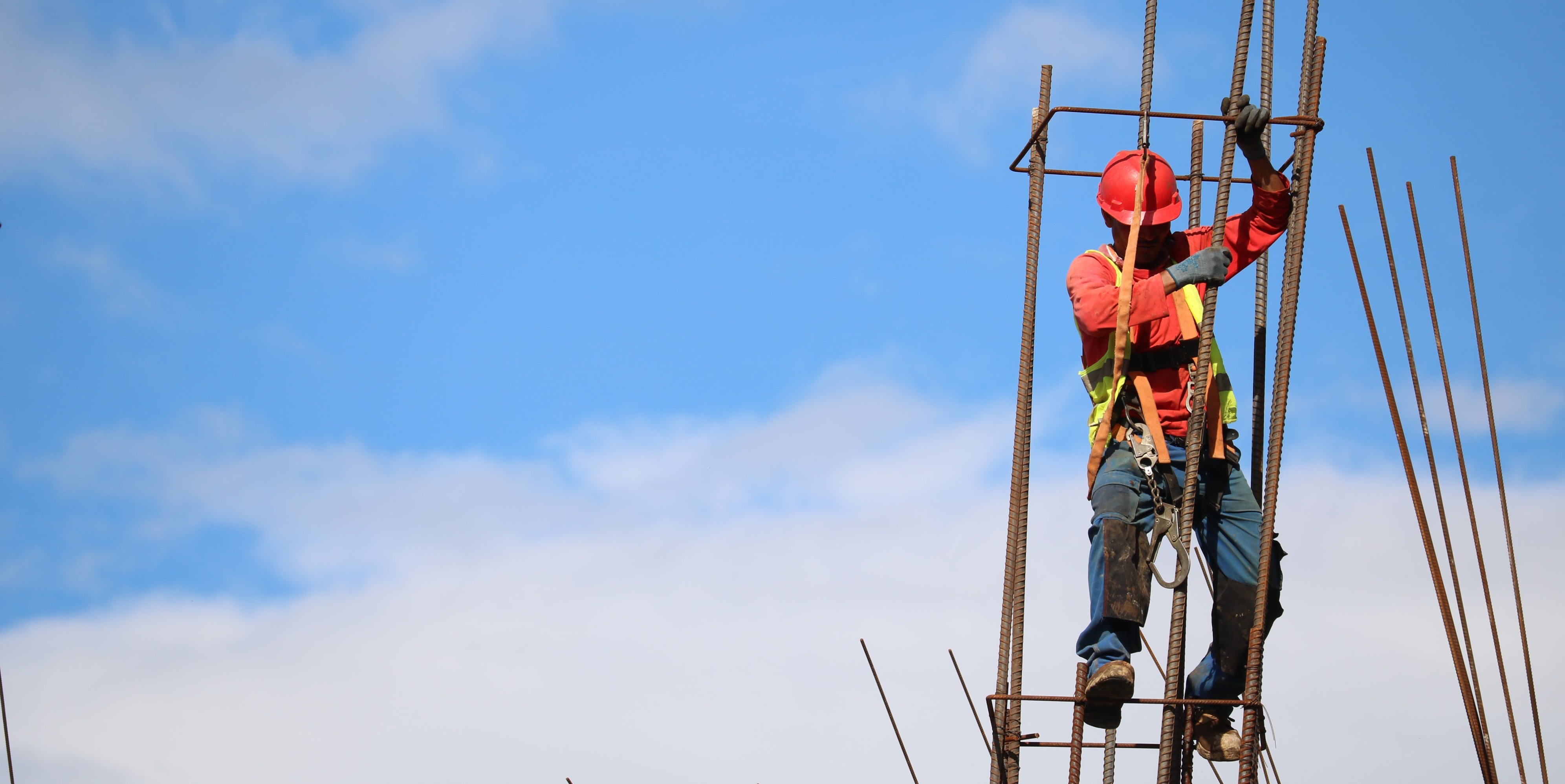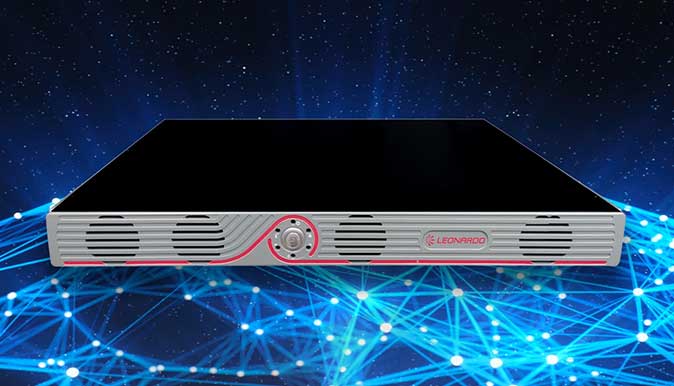Interoperability at the Core
Building Flexible,Scalable Critical Communications Networks In critical communications, interoperability is not just a technical goal—it is the...
3 min read
Nate Maloney Jan 25, 2021 9:00:00 AM

In the world of land mobile radios, whether you build critical communications networks or use them, it’s essential to forge trusting relationships with partners who will help you succeed. The investment is substantial, the missions are critical, and the stakes are high.
You may be rethinking your existing relationships with LMR manufacturers or looking to expand your product offerings — either way, this guide shares crucial considerations about what to look for when partnering with an LMR manufacturer.
Here are six things to consider:
Communication needs are unique to each agency and organization—coverage area, scalability factors, integration with legacy infrastructure, and budgets, to name a few.
Be sure your manufacturer’s portfolio has the depth and breadth that allows you to design viable network solutions not only for today but also for future needs. For example, your customer may want DMR Simulcast, but Simulcast is not an option for DMR—only P25.
If you feel forced into using a particular manufacturer for compatibility reasons or if
you are making compromises on equipment or performance to fit a budget—don’t, there are better options for you. Look for a manufacturer with innovative ways to problem-solve, so your network is optimized to support its users and community.
At Leonardo, we offer software-defined solutions for DMR, P25 and Tetra with features like simulcast and trunking, giving you a wide range of options to design and build a stable LMR network with confidence and without additional hardware.
Leaders in LMR products and solutions wouldn’t be leaders if they didn’t seek to advance critical communications technologies. But be careful of manufacturers with a track record of quick product obsolescence that help their bottom line at your expense. Be sure to partner with a manufacturer whose products easily adapt to changing technology without requiring an entirely new system while obsoleting their existing system.
Of all the LMR product manufacturers out there, which one do you choose? You choose the one that adds value to your LMR network, making it the best it can be. LMR product interoperability is crucial to achieving network performance to meet the demands of your missions. Find a manufacturer who embraces LMR open standards rather than offering only proprietary technologies, which are designed to increase project costs at the user’s expense. Ultimately, open-standard solutions allow resellers to design a system that best meets the technical needs for users at a fair price.
Leonardo is not only committed to using LMR open standards, we hold nineteen interoperability certificates from major manufacturers like Motorola, Kenwood, and Tait, providing you with more options and flexibility than you can find anywhere else. You can see a complete list of the certificates Leonardo holds on the DMR Association website.
It takes confidence for a company to offer a guarantee and customers should be very wary of a company who doesn’t. Warranties, service and support agreements, and money-back guarantees are all signs that a company stands behind their product offerings. A solid guarantee protects your network, your customers, and your
investment without having the worry that equipment will fail or become obsolete. Do your homework and find a reputable partner by asking questions, talking to references, and comparing notes. If you’re not 100% comfortable sealing the deal, then keep looking for a manufacturer you trust and who will support you in the spirit of alliance and partnership.
Although some end-users of land mobile radios work directly with the manufacturer, it is much more common for them to work with a local reseller when purchasing equipment or building out a communications network. They have a depth of industry knowledge and play an integral role as they advise customers and help them design the best possible LMR solution for their needs.
You need these local resellers to be unencumbered by restrictions that some manufacturers have. This includes limiting product offerings, mandates to meet specific sales quotas, the promotion of products that might not be in your best interest or even worse, forcing the reseller to turn over the relationship in favor of a direct sale cutting out the reseller and local presence altogether. Before entering into a manufacturer partnership, be sure to know what guidelines come with the agreement.
No one has to tell you how important it is to find an LMR manufacturer who backs their products with dedicated customer service and timely technical support. Find a responsive partner who can quickly assess the situation and resolve issues as soon as possible. Above all, your critical communications network must be reliable without fail.
It’s hard to find better service and support than Leonardo’s commitment to answering your needs 24/7 with care and urgency. We don’t just provide our resellers and end-users with equipment. We are there for them both before and after the sale is complete.
We hope you find these tips helpful in your search for a suitable LMR partner manufacturer. If we can help answer questions or if you’d like a one-on-one conversation about the kind of manufacturer you’re looking for, reach out to us today.
You can also check out the full free guide anytime: Six Ways to Know If You Have the Right LMR Manufacturer Partner.

Building Flexible,Scalable Critical Communications Networks In critical communications, interoperability is not just a technical goal—it is the...

In today's fast-paced world, having a reliable and robust emergency communication system is crucial for public safety and operational efficiency.
We're thrilled to announce that Leonardo's Jim Collum has been invited to join the prestigious EWA Technical Solutions Committee, a testament to his...